In this thought-provoking sequel to his bestselling Capital in the Twenty-First Century, economist Thomas Piketty expands his focus on inequality to the prodigious “political-ideological repertoire” that constitutes the economic narratives of major nations. This description helps explain the book’s length of more than 1,000 pages, but even the more ponderous sections of Piketty’s tome reward the reader with refreshing and singular slants on history and ideology. Echoing the truism that change is the only inevitability, Piketty calls for more circumspection and greater discussion of the wider causes and remedies of inequality.
Throughout history, political systems have justified economic inequality in different ways.
To study different civilizations across time is to realize that nearly every major society produces economic inequality. And because inequality is inherently controversial, leaders always strive to construct narratives that legitimize the factors, systems or rules that generate the inequity. Ideologies – or the collections of beliefs and theories that together rationalize the trade-offs and compromises societies make – play a crucial role. An ideology shapes the way a society is organized and therefore informs the arguments for an “inequality regime.”
Those who benefit from a specific structure contend that inequality arises organically. But history attests that societies adopt inequality regimes through the competition of interests among their politically and economically powerful members. For example, in the feudal society of medieval Europe, regional nobles held sway over both the land they owned and the peasants who lived and worked on their properties. The tithes paid to the church, plus the large amounts ...
Thomas Piketty, a professor at the Paris School of Economics, is the author of the best-selling Capital in the Twenty-First Century.











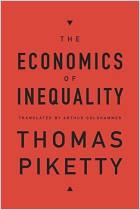
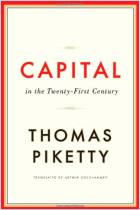
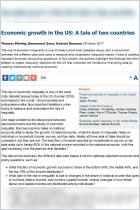
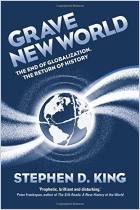
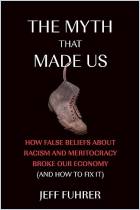





Comment on this summary or 开始讨论
I haven't read this book yet (it sits on my shelf waiting), but after reading his previous book 'Capital in the 21st Century', I can't believe that Piketty would just pull things out of the air as his first book is all about data, going back decades and even centuries. I am sure a summary might not be able to do justice to an economist whose works pivots on solid data.